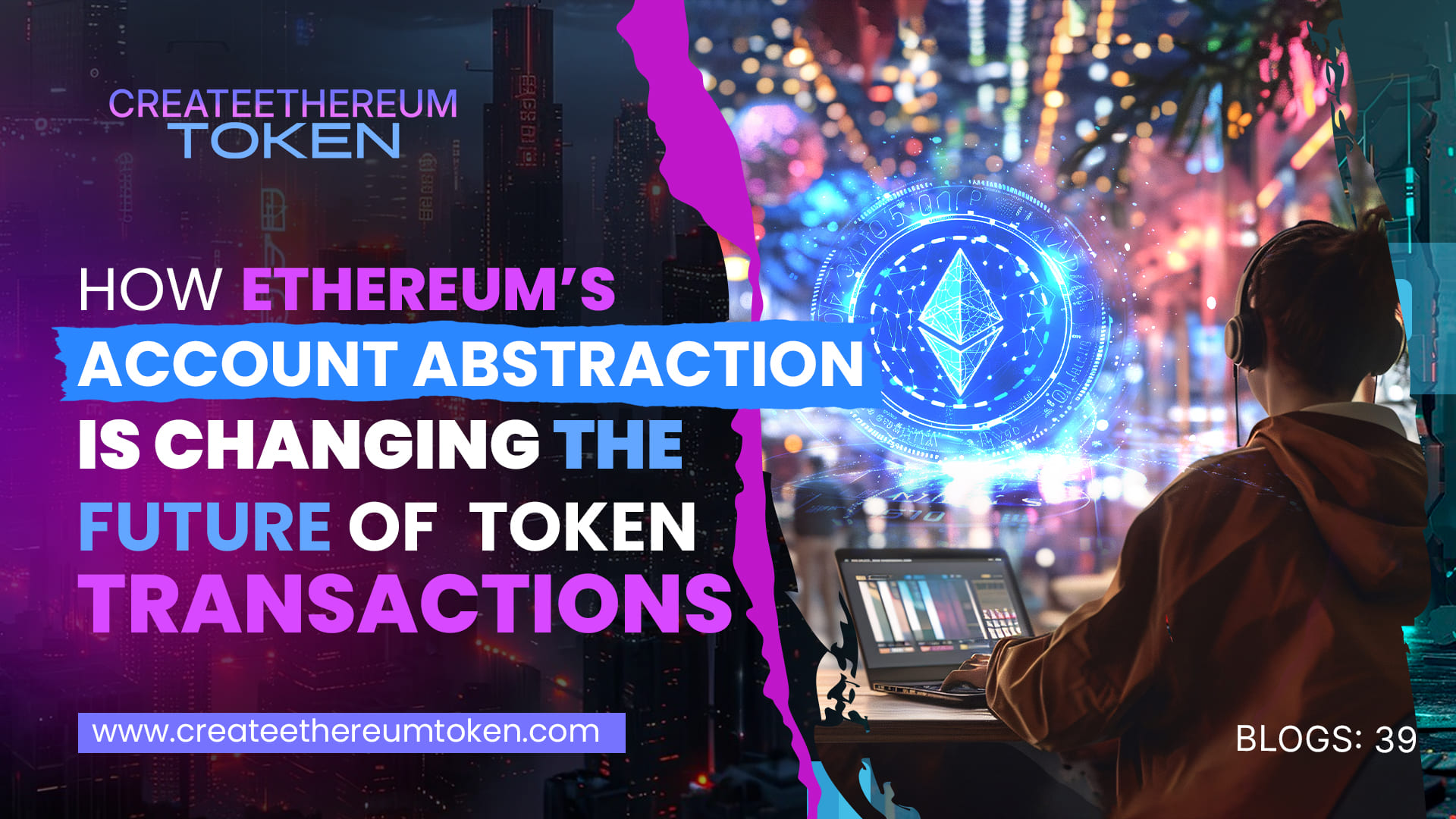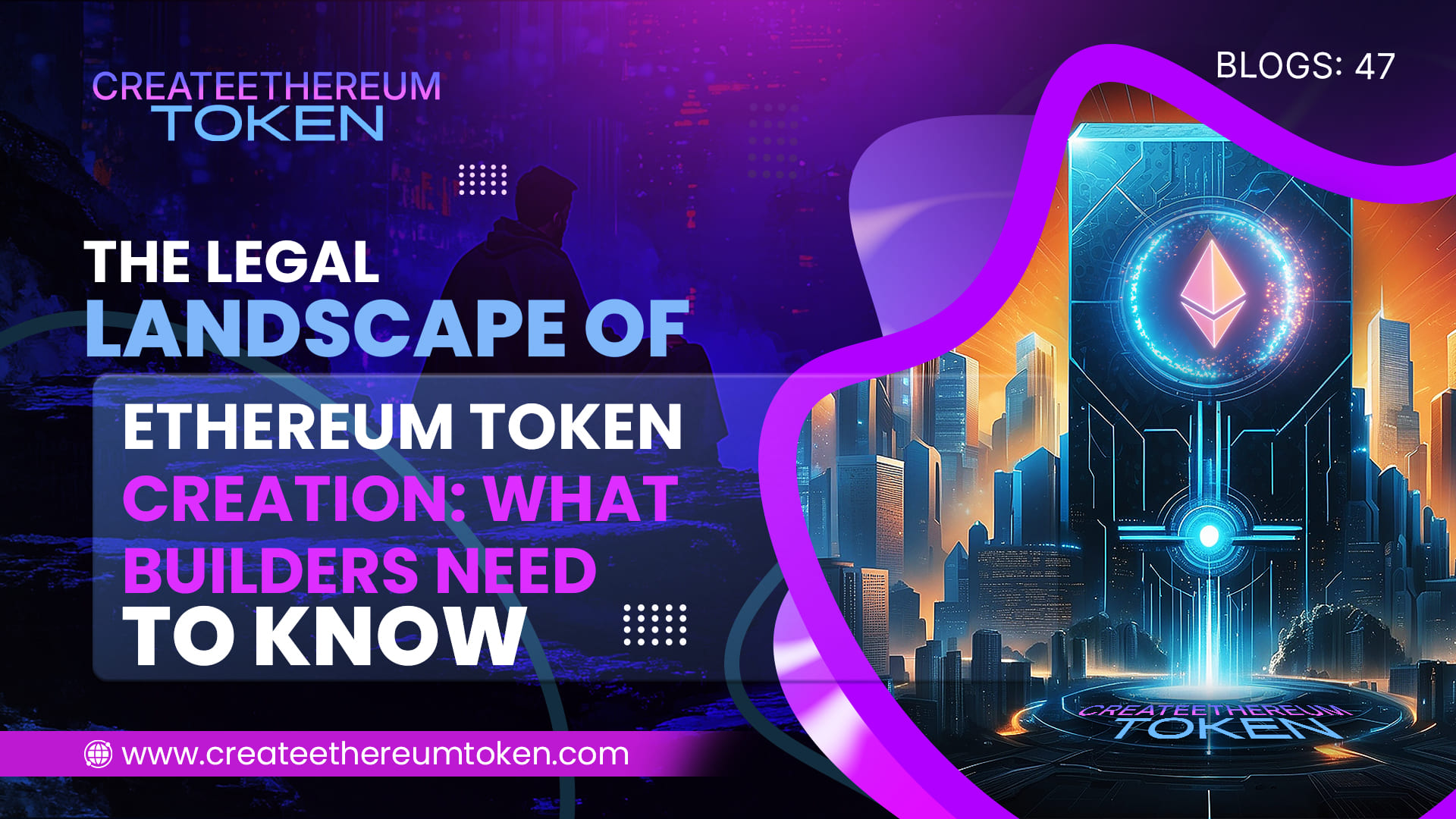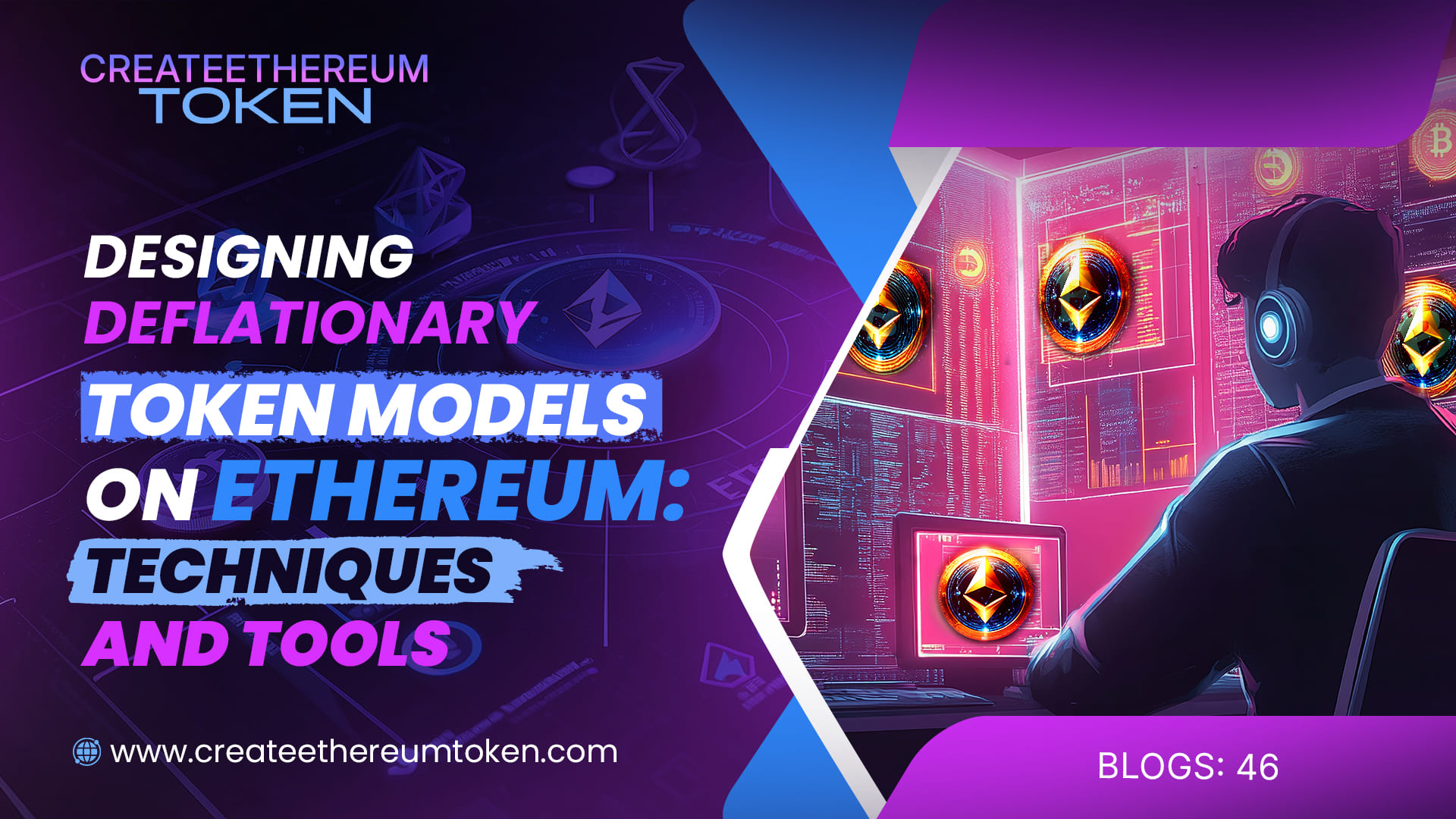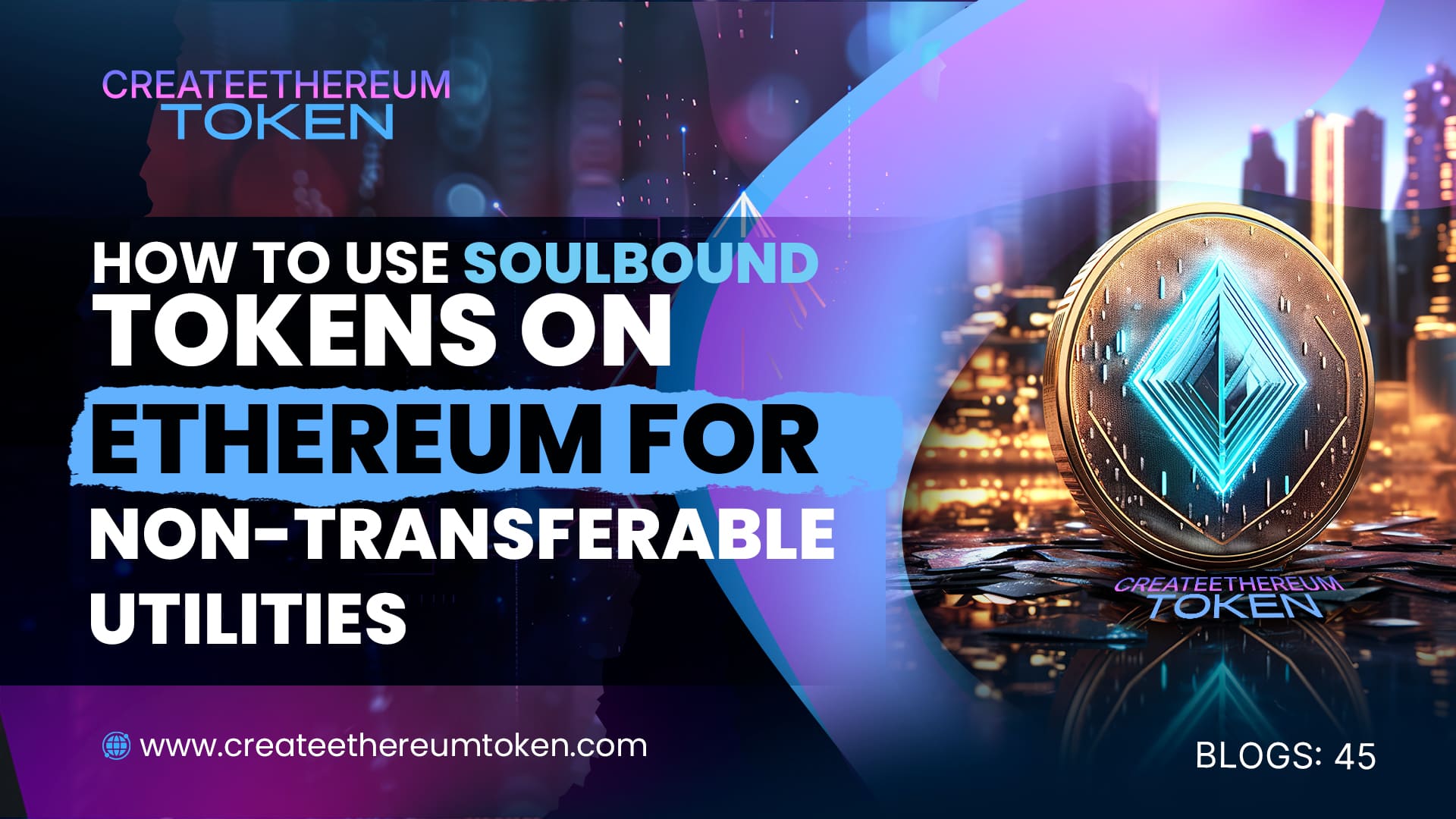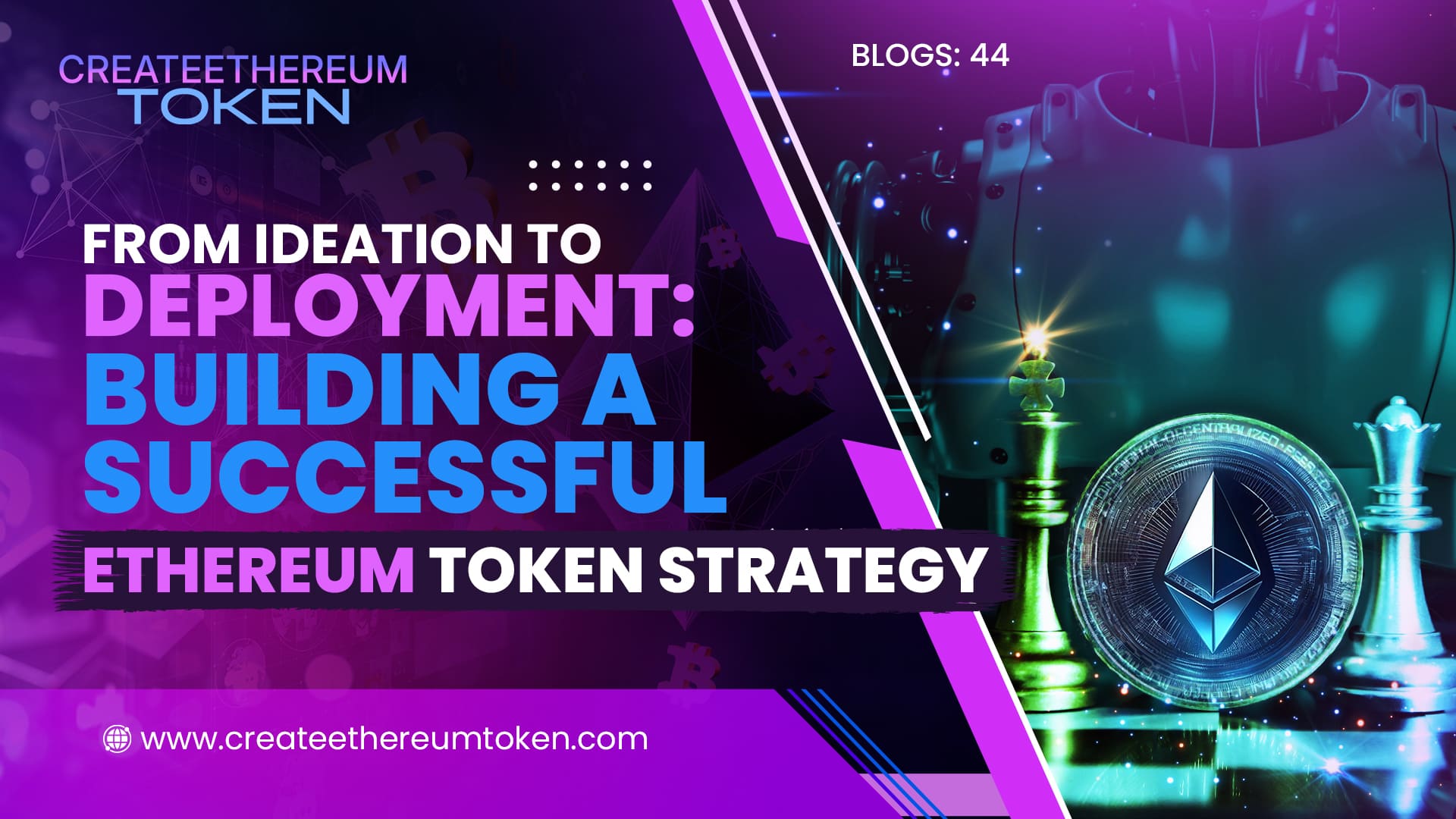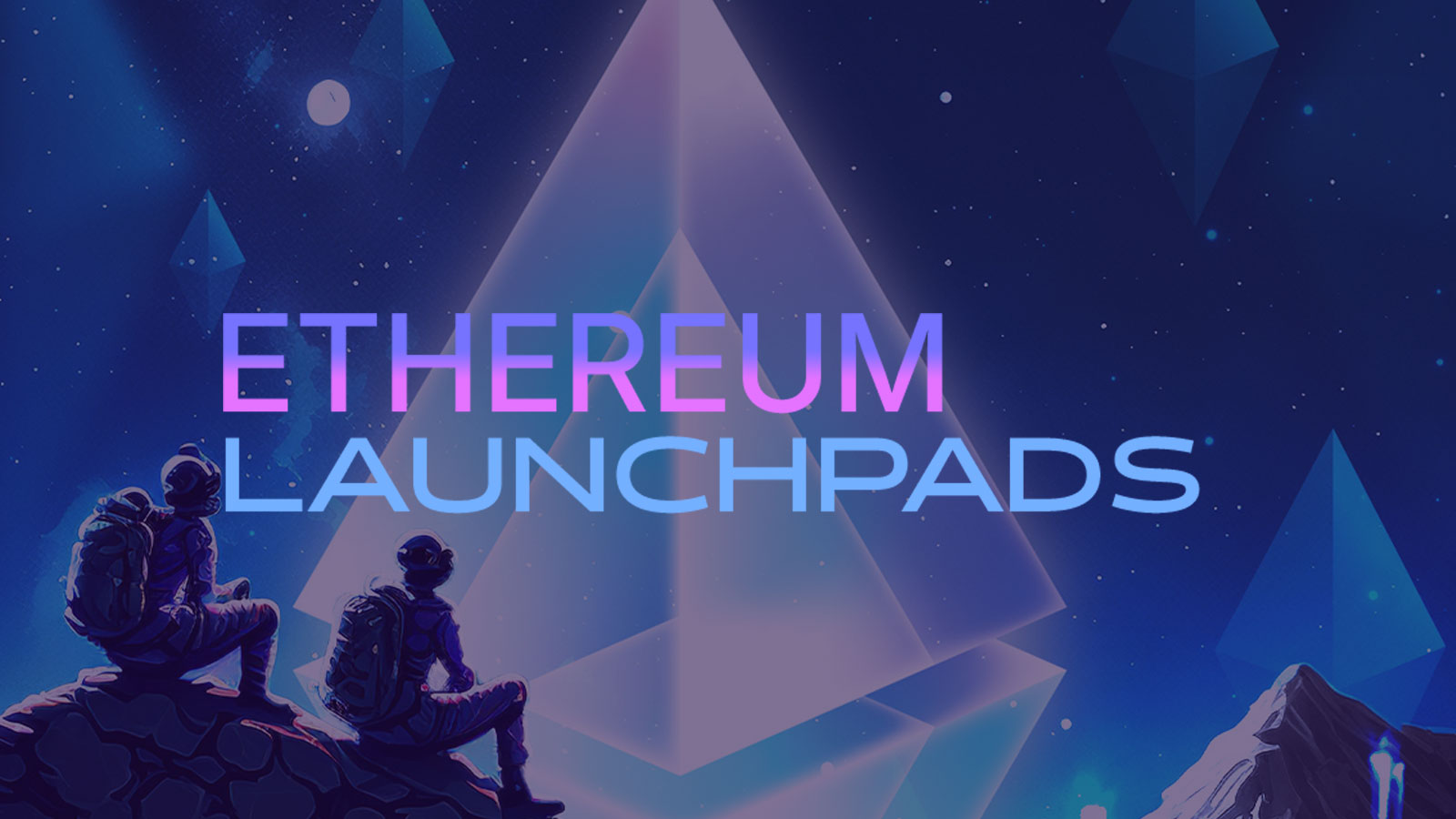April 12, 2025
How Ethereum’s Account Abstraction is Changing the Future of Token Transactions
Ethereum is evolving—and account abstraction is one of the most groundbreaking upgrades reshaping how users interact with tokens. By transforming wallets into programmable smart contracts, account abstraction simplifies token transactions, improves user experience, and unlocks powerful new features for both users and developers.
What Is Account Abstraction?
Traditionally, Ethereum uses two types of accounts:
- Externally Owned Accounts (EOAs): Controlled by private keys.
- Contract Accounts: Controlled by code, not keys.
Account abstraction merges these two into a unified model, where all accounts can operate like smart contracts, allowing flexible rules and logic for transactions.
How It Changes Token Transactions
- Gasless Transactions: Users can interact with dApps without holding ETH—relayers can pay gas fees, or users can pay with ERC-20 tokens.
- Multi-Action Bundling: Send multiple token approvals, swaps, or transfers in one simple transaction.
- Social Recovery: Wallets can include recovery logic if access is lost—no more single-point-of-failure seed phrases.
- Custom Rules: Users can set daily limits, multisig approvals, or two-factor authentication directly on-chain.
Why This Matters for Token Projects
For projects launching on Ethereum, account abstraction offers major advantages:
- Lower onboarding friction for new users
- Better UX for wallets and DeFi apps
- Easier integration of automated token utilities (e.g., subscriptions, gaming logic, rewards)
- Increased security and recoverability
Conclusion
Ethereum’s account abstraction is a major leap forward in usability and functionality. It redefines how tokens are transacted, managed, and secured—paving the way for a smoother, safer Web3 experience. As this becomes the new standard, projects that adopt it early will be far ahead of the curve.
